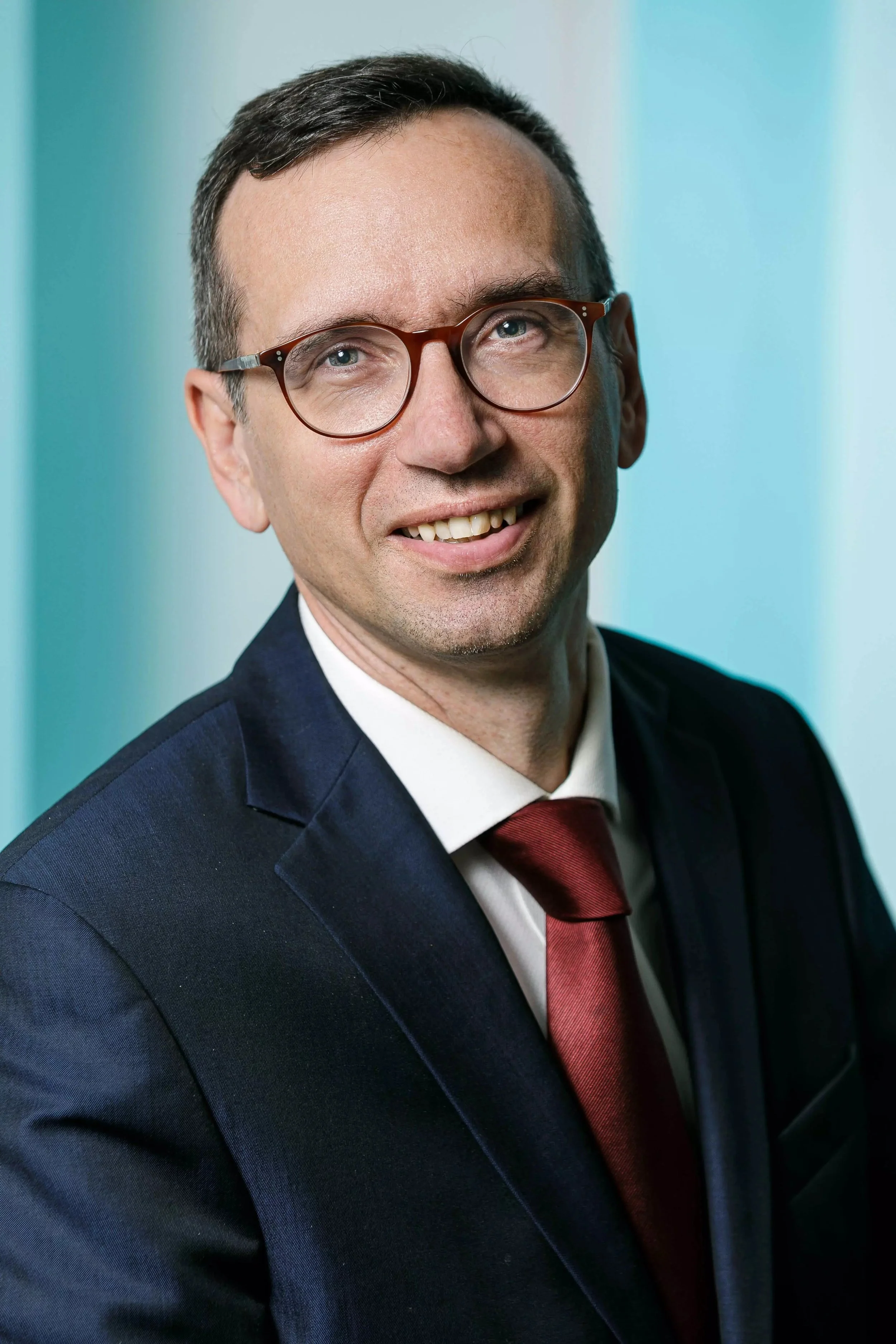Interview with Jean-François Delepau CEO, LYNRED
/SDBR: On June 1, you named the new company Lynred, resulting from the merger between ULIS-Sofradir: What’s behind the name?
Jean-François Delepau: Finding the name was no easy task. The new name had to unite Sofradir-ULIS. The “Red,” in Lynred, refers to our core business, infrared detection. “Lyn” is from “lynx,” an animal known for its vision, agility, and power. The Lynred logo—which incorporates the eye that was already a part of our companies’ visual identities—was designed to express precision, support, teamwork, protection, trust and vision. However, Sofradir and ULIS will live on as product brands for the time it takes our customers to adopt the new company name. Since 2012, we have played a role in consolidating infrared technology in France, including integrating the infrared technologies that had been developed by our shareholders: Safran and Thales. This means that today, Lynred possesses the whole range of infrared technologies that were developed in France. Lynred is now the world’s number-two developer of infrared technology in the two fields we serve, and we have an 18% share of the global market. The company boasts 1,000 employees, mostly based in Grenoble, and generates annual revenue of €225 million (43% on the defense market, 34% on the industrial market, 12% on the civil aeronautics and space markets, and 11% on the consumer goods market).
Read More
















